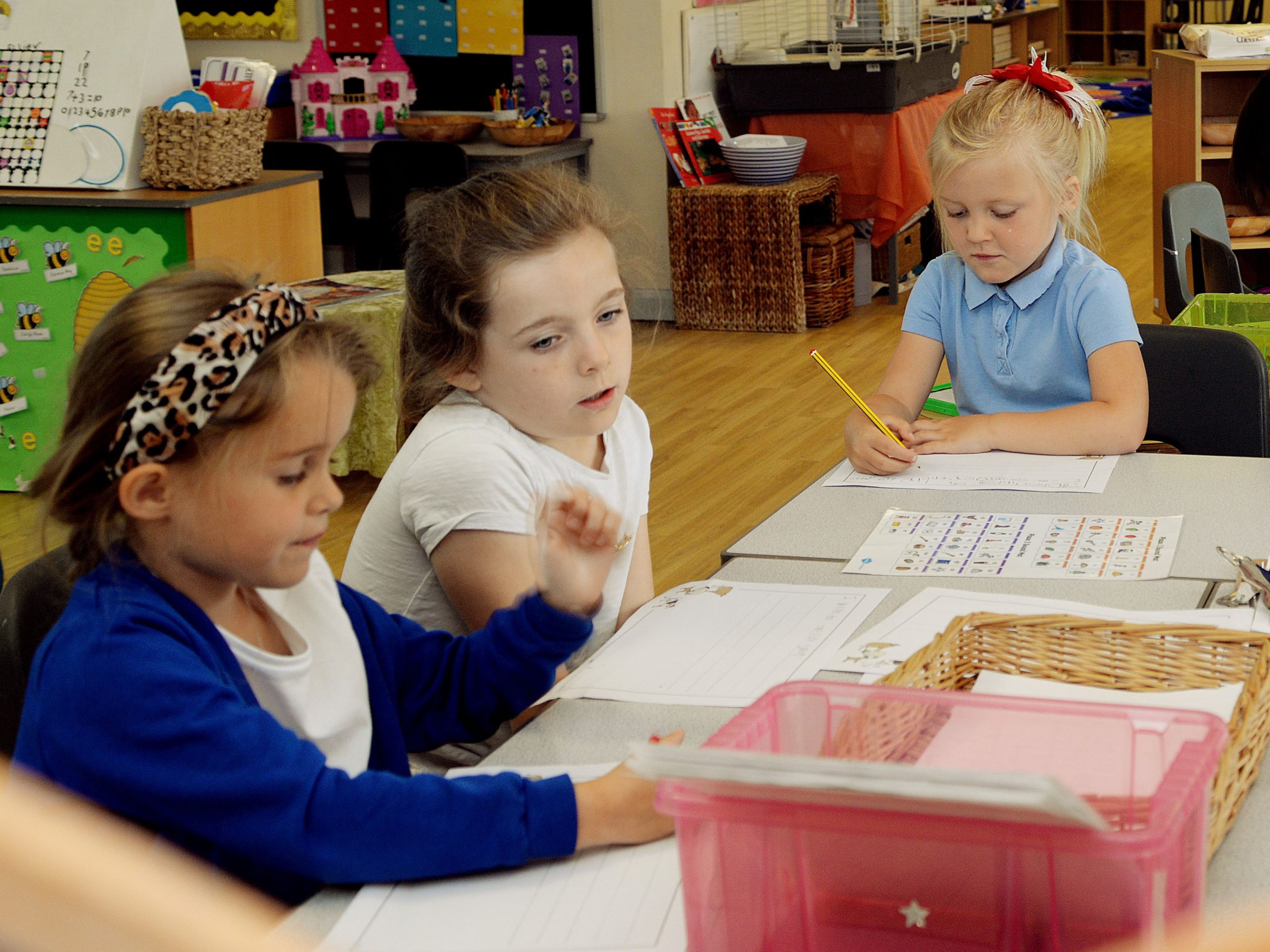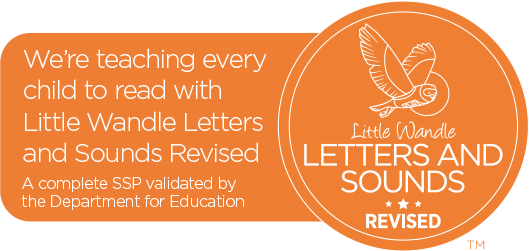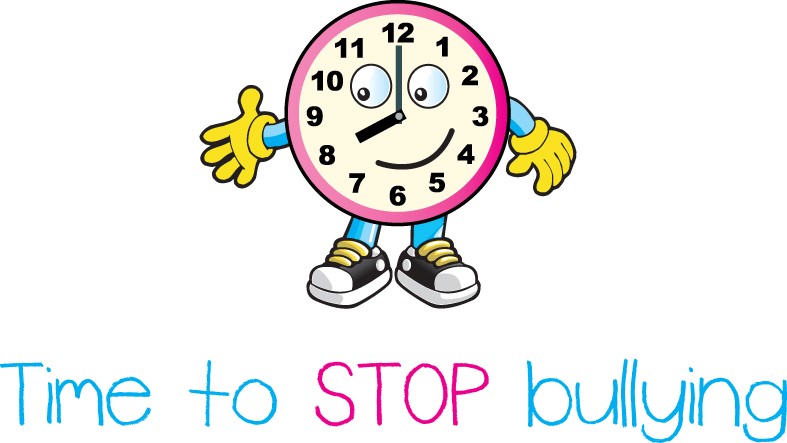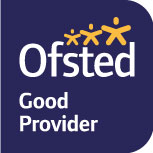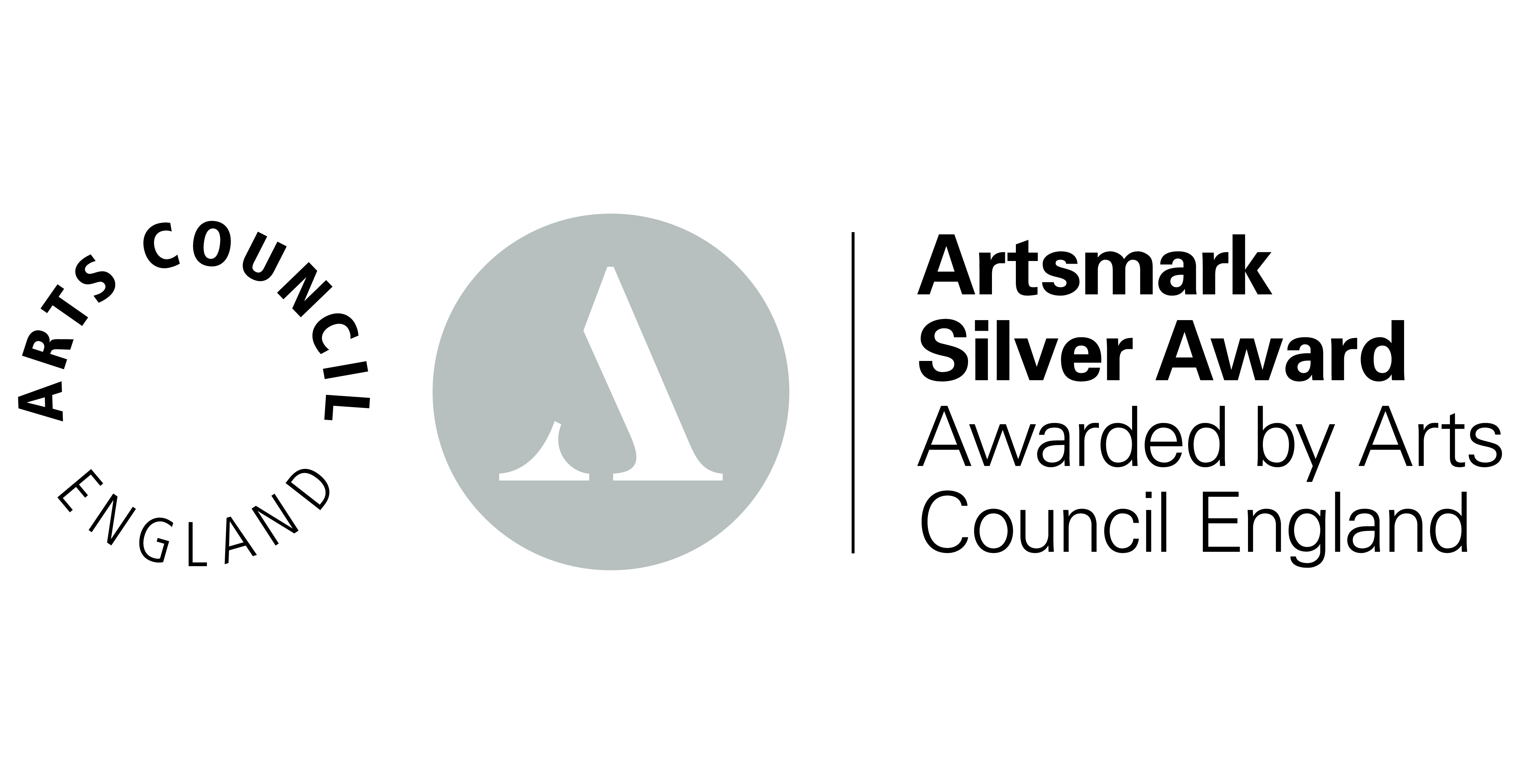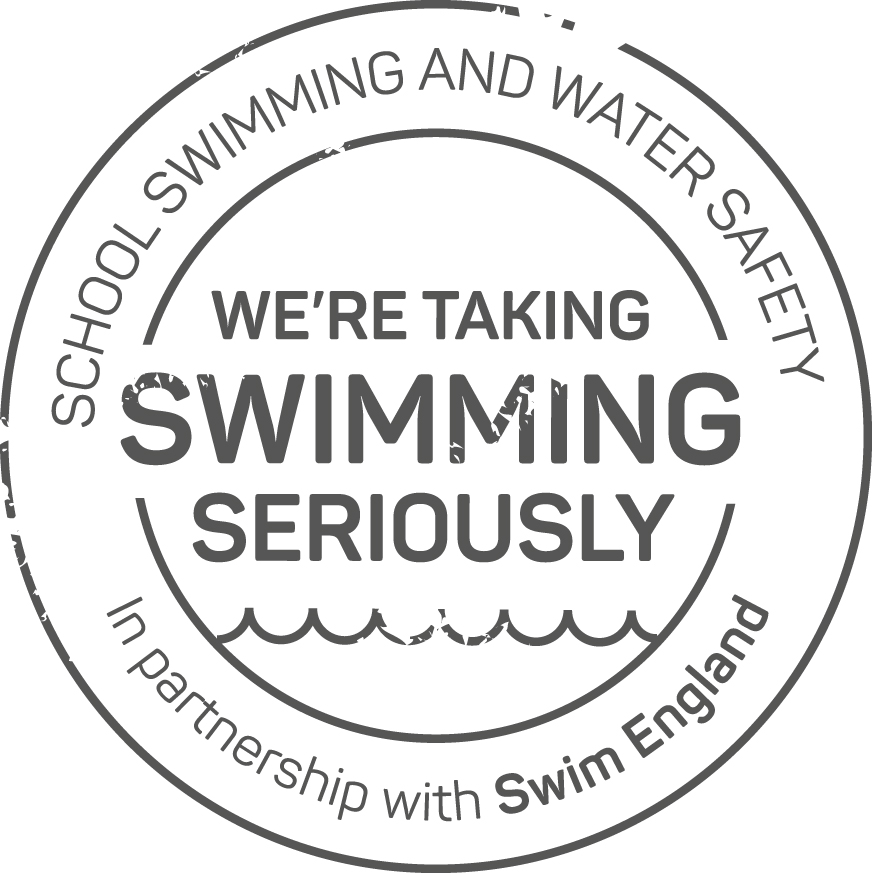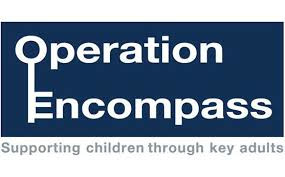Nursery Curriculum
Early Years Foundation Stage (EYFS) is how the Government and early years professionals describe the time in your child’s life between birth and age 5.
This is a very important stage as it helps your child get ready for school as well as preparing them for their future learning and successes. From when your child is born up until the age of 5, their early years’ experience should be happy, active, exciting, fun and secure; and support their development, care and learning needs.
Nurseries, pre-schools, reception classes and childminders registered to deliver the EYFS must follow a legal document called the Early Years Foundation Stage Framework.
The EYFS sets the standards that schools must meet to ensure that children learn and develop well and are kept healthy and safe. It promotes teaching and learning to ensure ‘school readiness’ and gives children the broad range of knowledge and skills that provide the right foundation for good progress through school and life.
The children are given opportunities to play and explore, to investigate and experience things and to ‘have a go’. They are active and develop their own ideas. They are all unique and will have different interests and abilities. The areas of development have been divided into 2 groups:
3 Prime areas:
- Communication and language
- Physical development
- Personal, social and emotional development
These prime areas are those most essential for your child’s healthy development and future learning.
As children grow, the prime areas will help them to develop skills in 4 specific areas:
- Literacy
- Mathematics
- Understanding the world
- Expressive arts and design
These 7 areas are used to plan your child’s learning and activities according to their unique needs. This is a curriculum suitable for very young children and is designed to be flexible so that staff can follow your child’s needs and interests.


